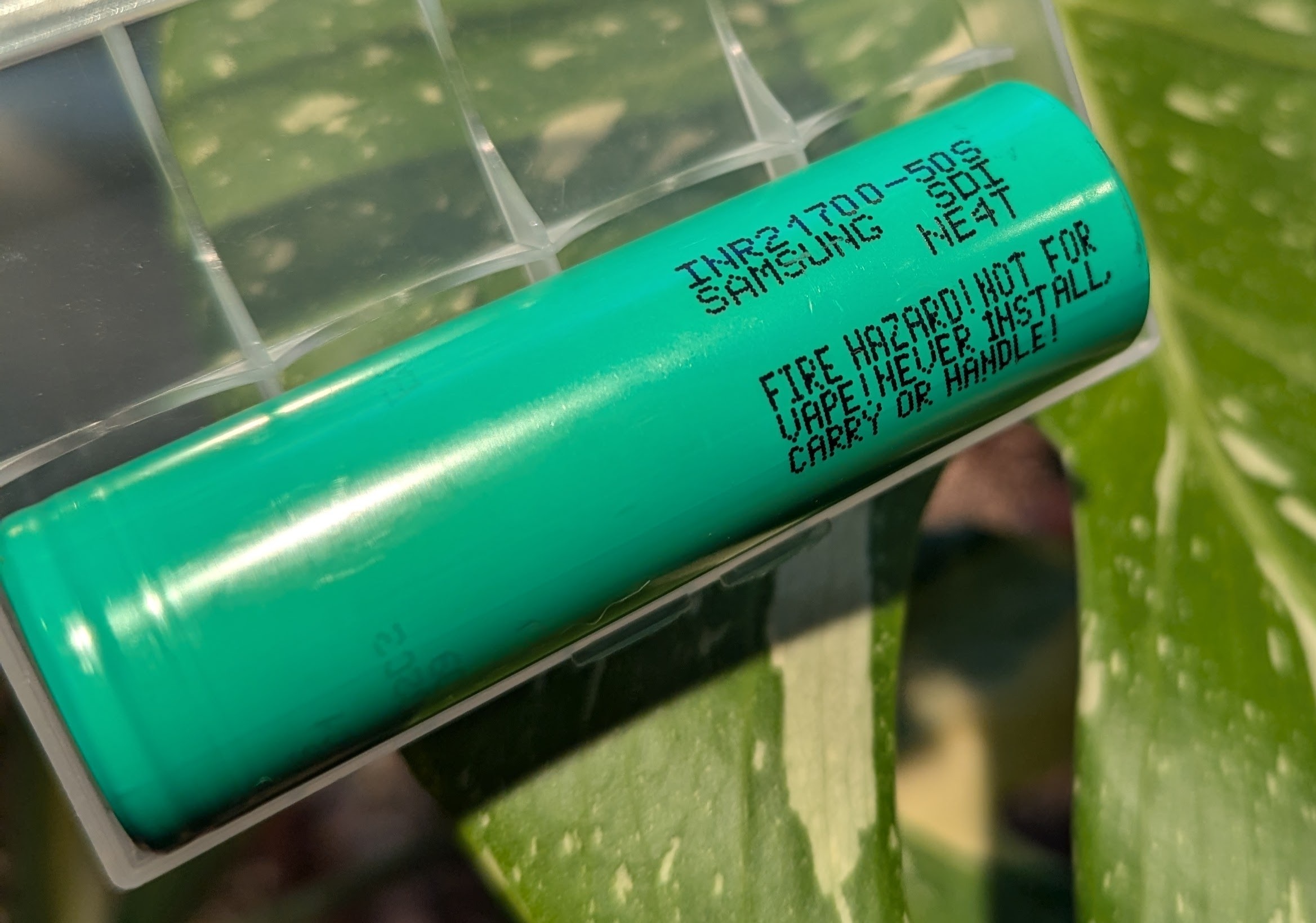600 miles? Call me when they make one small enough to fit in a car
heyooooo
This is a most excellent place for technology news and articles.
600 miles? Call me when they make one small enough to fit in a car
heyooooo
You joke but I literally pictured a super long battery for a solid bit before it clicked. I was thinking maybe it was coiled and technically really long like a spool of wire
It’s such a dumb metric for batteries. I wish people would stop using it.
Eh, it’s really not that dumb assuming there’s an average electric discharge for electric vehicles. Most laypeople don’t understand kWh beyond “bigger number better”.
I mean its a more a metric for the over vehicle. It can move its self that distance on a charge.
The battery would kWh but that alone is insufficient for evaluating the vehicle
kWh/Kg is really all that matters, maybe max charge/discharge rates too.
But they aren’t clickbatey enough for commercial news.
If it were any other company I would be thrilled. With Samsung, this is going to be internet enabled, you'll need an app to turn your car on and off, and it'll probably play ads at high volumes constantly while driving.
I know you jest, but Samsung is a massive battery supplier.
These will be plain old dumb batteries
I dunno man, my 21700 cells just got an OTA update and now my flashlights wont turn on without watching an ad blinked out in mores code first.

"Never install, carry or handle". OK but what are they for then?
These are cells that are meant to be assembled into larger battery packs by electronics manufacturers, like laptop batteries or e bike batteries.
The cells are fantastic for flashlights, lasers, and vapes, but Samsung does not sell them to end consumers and wishes other companies would not do that either but fuck Samsung I'm not stupid.
Its a battery that'll be used by other manufacturers
For a smaller EV It would take around 200kWh worth of battery for a 600 mile range. The current Tesla "superchargers" put out 250kWh. So whatever is going to charge this battery will have to output roughly an order of magnitude more power in order to charge the battery in 6 minutes. That's an impressive and scary amount of energy transfer.
Edit: I don't know where I got 6 minutes from. So not quite 10X the power for charging, but a LOT more than current chargers.
A couple things: solid state batteries weigh much less. Solid state batteries are 30-50% lighter per kWh. The initial ones will probably be closer to 30% lighter. A 100 kWh battery weighs about 1400 lbs (635 kg). Shaving off 400 lbs is pretty significant and results in much better range for the same battery capacity. The battery pack is likely closer to 150 kWh.
Second thing would be the charge rate. Yes, a supercharger can 250 kW output (not kWh BTW) but a few factors means that they often do not. First thing would be heat. If the charging cable or the battery gets too hot, the the rate slows down. The next thing would be the fact that current batteries have to start at a slow rate and end at a slow rate. Solid state batteries do not have those issue nearly as much and can more consistently hit that 250 kW output for a longer period of time.
This thing, they are likely using 350+ kW chargers. Higher than 350 kW is pretty rare but the odd 400 kW and 450 kW charger does exist.
And doing some more digging, I found that it is from 8% to 80% in 9 minutes. And even then, it does not say it is the same 150 kWh battery that is being charged that fast. This could be marketing crap where it is giving numbers for a ~85 kWh battery to compare it to EVs today. An Ioniq 5 takes about twice as long to go from 10-80% at 350 kW.
Super informative, thanks :)
The current Tesla "superchargers" put out 250kWh
kW
My wall outlet charger puts out 250 kWh, if you leave it in for 2 weeks straight...
So each supercharger will need it's own miniature fusion power plant. Great, now fast charging solid state batteries will always be 30 years away.
Yes, Teslas can charge at 250 kW, but they do not sustain that charging rate for long. As the battery charges, its charging rate drops. If newer battery technologies can sustain the higher charge rates longer, they could theoretically store more charge in less time.
I'd love to imagine around 20 years later people would be retrofitting old and heavy phone, laptop, and EV batteries with lighter and faster-charging ones...
20 years is very nice, how recyclable are they after that though?
The process for recycling solid state batteries is more complicated at the moment:
Needs to be an option to put these into todays EVs. You shouldn't have to buy a brand new car to get better battery technology.
What material is inside?
These articles call it "oxide" but what exactly is it?